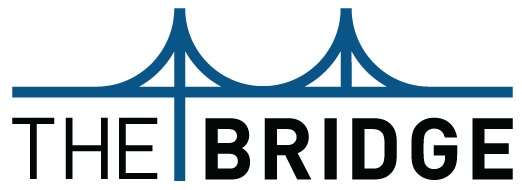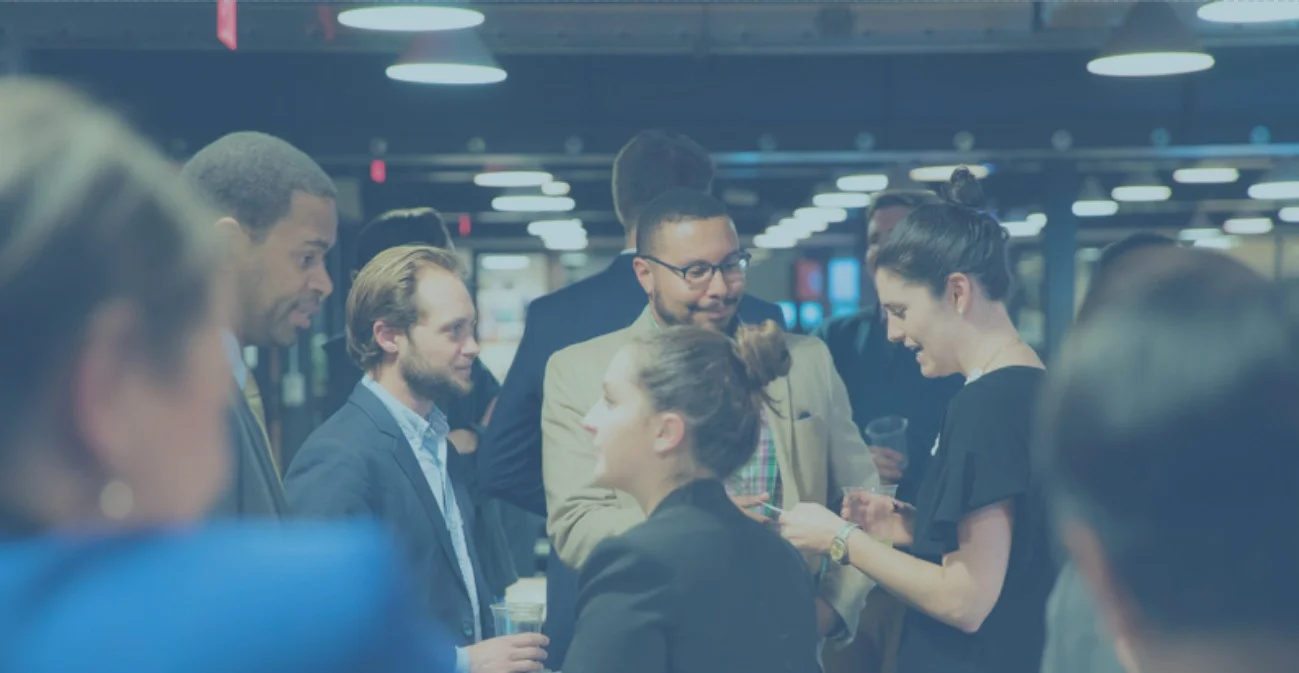TheBridge profile: Toni Cowan-Brown
Name: Toni Cowan-Brown
Current city: San Francisco, CA
Current job: Entreprenuer
Past job: VP European Business Development, VP Strategic Partnerships, NationBuilder
Q. Favorite spot for a coffee meeting? I don't actually drink coffee. Never have.
Q. Describe how a skill you learned in a previous job helped you in your current job. I’m a big believer in the ‘skill spillover’ - when one skill learned in one area can be applied in another so I love this question.
I’m an avid scuba diver and have been diving since I was 12 years old. I also used to be a ballet dancer and danced 12 hours a week when I was younger. Both of these sports taught me about the importance of preparation and building habits. In order to make something look and feel effortless, there are hours and sometimes years of hard work that goes into it. It also taught me the importance of creating lasting habits rather than just setting goals.
Neither of these - ballet or scuba diving - were previous jobs but nevertheless they taught me two skills that I have used every single day since.
Q. Job advice in three words? Keep asking questions.
Q. How are you (or your company, org, nonprofit) currently bridging the gap between innovation and regulation? For the past decade, I have worked at the intersection of tech, policy, and politics. I started off in policy (specifically working at the European Commission), then moved across to tech and politics (working at NationBuilder - a non-partisan tech company selling campaigning software), and now I work at the intersection of all three. I have always found myself bridging the gap and creating common ground and understanding between these fields. With whatever I do I try to put myself in the other person’s shoes to try and understand why certain things are being done or articulated in certain ways that I may not agree with.
For as long as I can remember there has been a lack of understanding and empathy from all fields in trying to communicate and collaborate with each other in a productive way. I would also argue that the media has had a big role to play in this gap too. Quite frankly a good dose of humility is needed across all these industries if we are going to collaborate to solve the global problems we are faced with that will require all of us to solve.
Q. What can innovators learn from policymakers? Policymakers are generally trying to solve wide problems for a diverse group of people. They care about the end result and the impact their policy will have on the citizens. Understanding what problems you are trying to solve and why, and for whom is something innovators could spend more time thinking about. I know they do but not enough in my opinion.
Q. What can policymakers learn from innovators? There is an increasing need to think about the problems we will face in 10 years, not the ones we are faced with today. Policymakers are often solving old problems.
Policymakers could focus more on being better than right - something innovators are good at as they are always reiterating, and perfecting something they have shipped. Regulators can have a tendency to sit on something for too long by which time it all feels like - ‘too little, too late’.
Q. Why are you part of TheBridge community? Or, why do you think it's important this community exists for tech, policy, and political professionals? I remember coming across TheBridge as I was looking for people, communities and/or institutions that also worked at this intersection of tech, policy, and politics. I also remember telling my husband - I think I have found ‘my people.’ I’m part of this community because I’m excited about anyone who is trying to bridge the divide between these pivotal and complex sectors.
Q. Favorite book/podcast/long-form article you recommend? One book I reference a lot is David Runciman’s Politics. It’s not new (published in 2014), it’s very small, and it’s probably not his best work but I will never forget reading the “Technology” chapter in his book where he makes the case that neither tech or government alone will save us. We need both, and rightly so.
He gives the following example - having Google create innovative solutions like driverless cars is great, but you still need taxpayers’ money to build the roads on which these cars need to dive. Otherwise, they are pointless.
One of my favorite podcasts is Malcolm Gladwell’s Revisionist History. It’s brilliant, fun and so insightful - every episode they go back and reinterpret something from the past that might have been overlooked or misunderstood: an event, a person, an idea.
Q. Everyday is probably different, but can you describe a "day in the life" of your job? It seriously varies, on days where I go to bed before midnight, I'm awake around 6 am and I spend an hour going through my newsletters. I try and avoid social media until I'm properly awake but I do like kicking off the day with a good dose of news and content. On days where I need a break from it all, I read for as long as I can. I actually appreciate kicking off the day this way. My day is broken down into three big working blocks. I personally do better with a structured day - I have the morning session where I try to keep it call free as it's when I'm most productive. It's by far my most productive and longest session. - After lunch, I probably have another 3 hours of work where I try and take calls and meetings. Generally, once I've eaten I'm far less concentrated hence why I try and eat as late as possible. - At around 6 pm I try and close everything up and do something that doesn't involve work; TV shows, cook, read a book, Facetime a friend... After dinner, most nights I go back to work and work on side projects. During this quarantine period, I’ve started curating the best TikTok content and publishing it on Instagram. It’s become widely successful with my followers, mostly because it gives people a break from all the chaos and uncertainty that we are currently faced with. It’s now become a staple and part of my daily routine. Who knew.
Q. Looking back, what advice would you give yourself at the beginning of your career? Listening is far more important and useful than talking. Anyone can talk up a big game and impress with words, far fewer can actually sit and listen. It’s actually far more valuable to learn to listen, and I mean properly actively listen to what is being said and reflect back what you think you heard, and take it from there. Today, I gravitate to the listeners and I know that in a room, the real leader and person with knowledge is the person who probably said the least.
Q. Most underrated virtue in an employee? Enthusiasm.
Q. Best advice you’ve received? The best advice I got early on in my career was from my dad. "You don’t get anywhere in life without pissing off a few people, so get used to it and get comfortable ruffling a few feathers.”
Click below to join TheBridge community and, among other resources, receive our bi-weekly updates with featured profiles.


